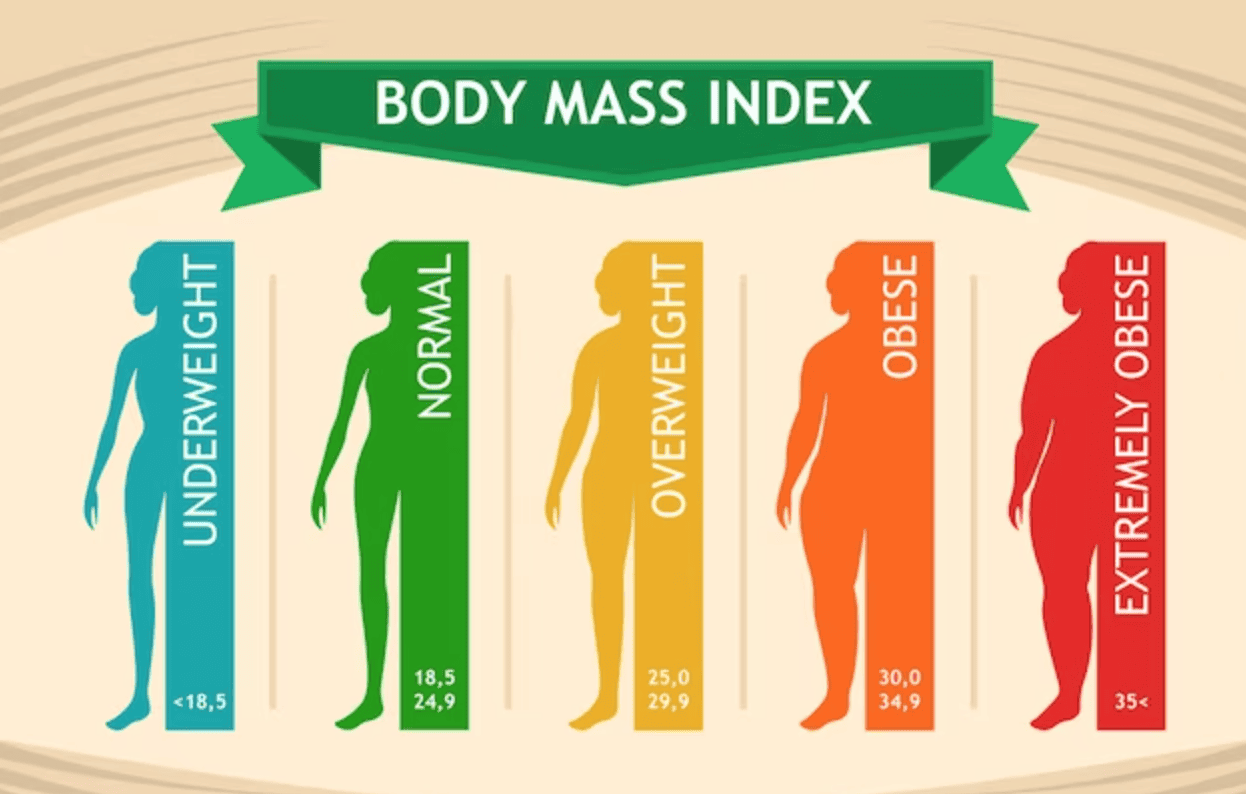
If you’ve ever calculated your Body Mass Index (BMI) and received a number that isn’t ideal, don’t worry too much about it. BMI, while a reliable screening tool to indicate whether a person is underweight, overweight, obese or a healthy weight for their height, doesn’t take into account factors like muscle mass and ethnicity.
For example, very muscular people like professional boxers, athletes, and weight trainers, may be of a healthy weight even though their BMI is categorised as obese. Adults of Asian origin may also have a higher risk of health problems at BMI levels below 25.
Calculating your BMI is simple. The calculation of BMI is based on the following formulas:
Metric BMI Formula
Weight (kg) / Height (m)2
With the metric system, the formula for BMI is weight in kilograms divided by height in meters squared (kg/m2). Since height is commonly measured in centimeters, divide height in centimeters by 100 to obtain height in meters.
For most adults, an ideal BMI is in the 18.5 to 24.9 range. If your BMI is 25 or more, you probably weight more than is ideal relative to your height. If your BMI is less than 18.5, you weigh less than is ideal for your height. These ranges are only for adults. BMI is interpreted differently for children. If you’re concerned about your child’s weight, seek advice from your GP.
As mentioned earlier, BMI is not accurate enough to be used as a diagnostic tool. A person may have a high BMI, but to properly assess if the extra weight can pose a health risk, a professional health care provider would need to complete further tests such as evaluations of your diet, physical activity, family history, and other appropriate health screenings. Book an appointment today if you have specific concerns about your weight.